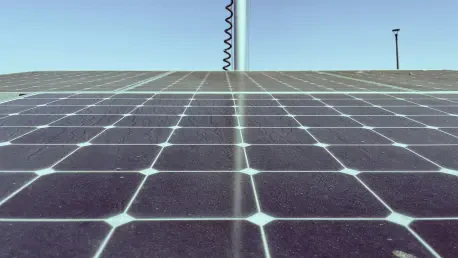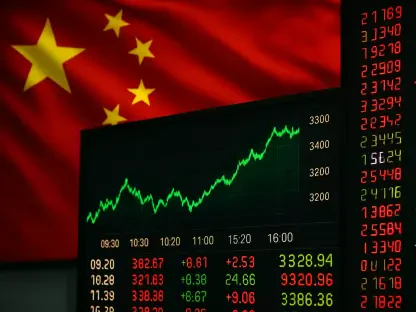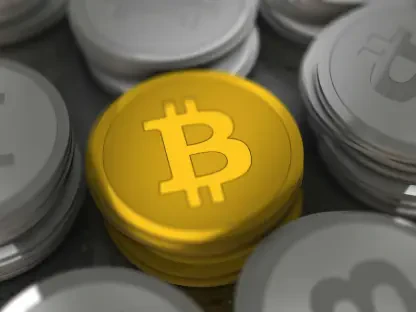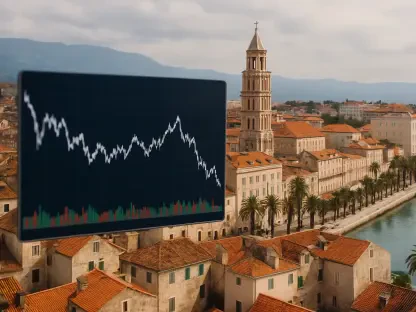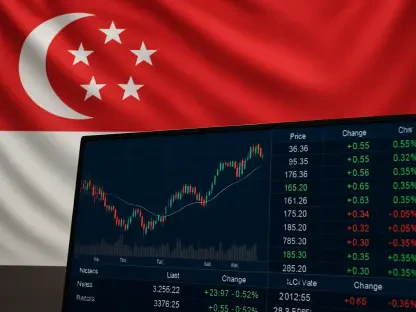As the clock ticks down to the expiration of a significant federal tax credit for solar installations on December 31, a frenzy has gripped homeowners across the United States, eager to harness the financial benefits before they vanish. This 30% tax credit, a cornerstone of solar adoption for years, is set to end much earlier than anticipated due to a policy shift that has sent shockwaves through the industry. The rush to install rooftop solar panels has created an unprecedented boom for installers, with demand soaring to record levels. Yet, beneath this surge lies a deeper concern about what happens next. Industry professionals are sounding the alarm over the government’s decision to pull back support, raising questions about the long-term viability of solar businesses. This situation presents a complex interplay of short-term gains for consumers and looming uncertainty for an industry that has become a symbol of sustainable innovation.
The Surge in Solar Demand and Immediate Benefits
The impending deadline for the federal tax credit has sparked a remarkable spike in solar installations, with homeowners racing to capitalize on the savings while they still can. Reports from industry insiders reveal a dramatic uptick in quote requests and project bookings over recent months, marking some of the highest registration numbers ever recorded by clean energy marketplaces. This boom isn’t just a win for consumers looking to slash energy bills; it also reflects the broader appeal of solar as a cost-effective, pollution-reducing solution. With installation prices at historic lows, the accessibility of solar technology has never been greater, allowing more households to make the switch to renewable energy. However, this surge is a double-edged sword. While it showcases the immediate financial and environmental benefits for individuals, it also highlights the dependency on government incentives to drive adoption. The urgency to install before the deadline underscores how critical these policies have been in shaping consumer behavior and market growth.
Long-Term Concerns and Industry Fallout
Beyond the current wave of installations, a shadow of uncertainty looms over the solar industry as the loss of federal incentives threatens to disrupt its trajectory. Industry leaders express deep frustration with the government’s apparent retreat from supporting a sector that has fostered entrepreneurship and job creation. Surveys indicate that an overwhelming majority of solar contractors—over 90%—fear severe damage to their businesses once the tax credits expire, with many contemplating drastic measures like shutting down or exiting the market entirely. The challenge of scaling operations to meet today’s demand, only to face a potential collapse tomorrow, is a stark reality for many small and medium-sized firms. While homeowners may still benefit from low installation costs and state-specific incentives in the near term, the broader impact on workforce stability and industry innovation cannot be ignored. Looking back, the decision to end these incentives prematurely was a pivotal moment that tested the resilience of a sector poised for growth, leaving stakeholders to navigate an uncertain path forward with limited support.
